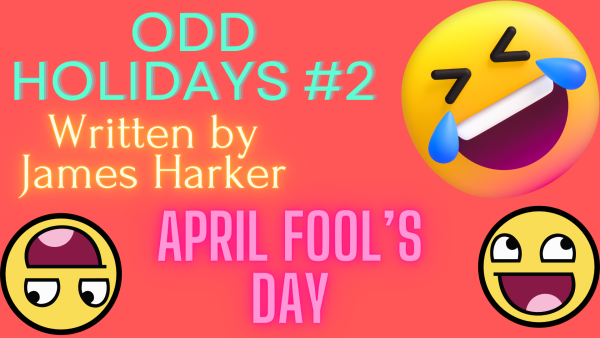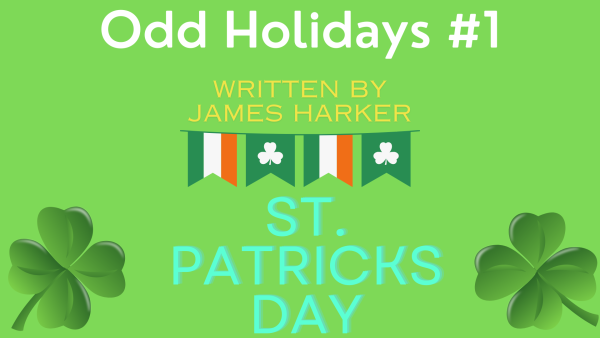Book Review: The Hidden Oracle
*SPOILER ALERT!!!*
How do you punish a god? By making him human.
Apollo has been blamed by his father, Zeus, for starting the second giant war against Gaea. Now Apollo has been cast down to Earth in the form of a gawky teenage boy named Lester Papadopoulos. Unfortunately, even though he has been cast down to Earth twice before, he hasn’t gotten any smarter…
Apollo meets Meg McCaffrey, a stray daughter of Demeter with extraordinary powers. But the story is darker than you would think. In the first Percy Jackson and the Olympians series, Luke Castellan, an evil demigod who wanted to help Kronos rise, was provided a cruise ship by Triumvirate Holdings. In the Heros of Olympus series, the Romans were provided with onagers (catapults) from Triumvirate Holdings. A triumvirate is the Roman concept of a political alliance formed by three parties. One of them is possibly the most evil Roman emperor in history: Emperor Nero.
I have always disliked Apollo as a god (too full of himself and too much of an idiot when it comes to common sense) so I thought that this book would be wonderfully funny. Yes, it was, especially the haiku at the beginning of each chapter. In the beginning, Apollo is extremely disoriented and seemed to think that he was still his godly self. Big mistake, stupid. He ended up with a broken nose. One of my favorite lines was this: “After being alive for so many millennia, I had trouble keeping track of time even in the best of circumstances. I would hear a song on Spotify and think, “Oh, that’s new!” Then I’d realize it was Mozart’s Piano Concerto no.20 in D Minor from two hundred years ago. Or I’d wonder why Herodotus the historian wasn’t on my contacts list. Then I’d remember that Herodotus didn’t have a smartphone, because he had been dead since the Iron Age. Now you can see that Apollo is a bit stupid and absentminded. At the end of the book, Apollo is given a prophecy:
There was once a god named Apollo
Who plunged into a cave blue and hollow
Upon a three-seater
The bronze fire-eater
Was forced death and madness to swallow
This type of poem is called a “limerick”. The “cave blue and hollow” refers to the Cave of Trophonius, one of the other oracles that have gone dark. The lines “Upon a three-seater” and “The bronze fire-eater” refer to some familiar characters from the Heroes of Olympus series: Leo Valdez and Calypso. Leo’s mechanical dragon, Festus (which means “happy” in Latin…who rides to the rescue on Happy the Dragon, I wonder), is the “ bronze fire-eater” from the prophecy. The last line, however, I’m not going to spoil for you…

Amber might seem cold and strange at first, but when you get to know her properly, she warms up immediately. Amber was born in Atlanta, Georgia, but moved...

























